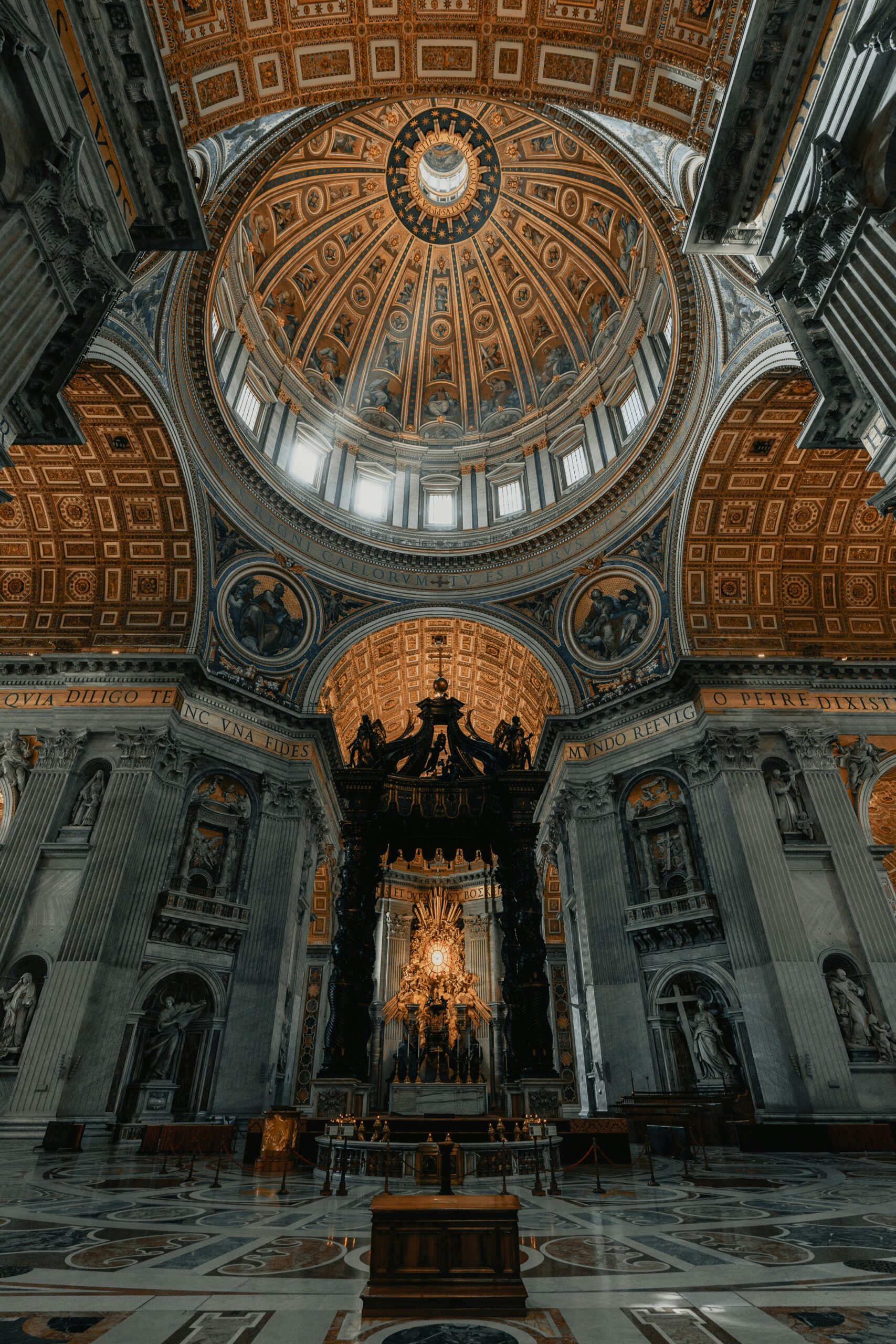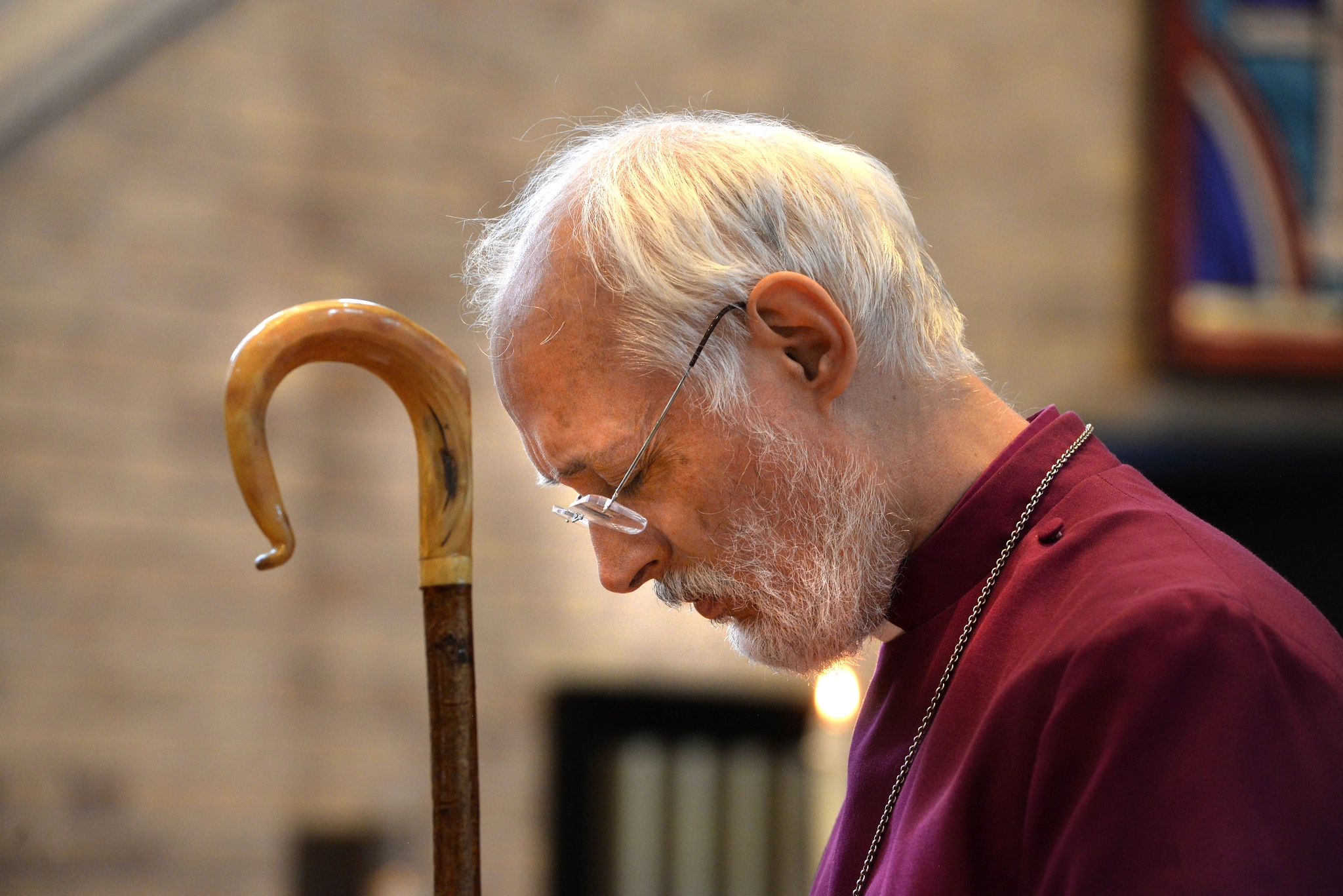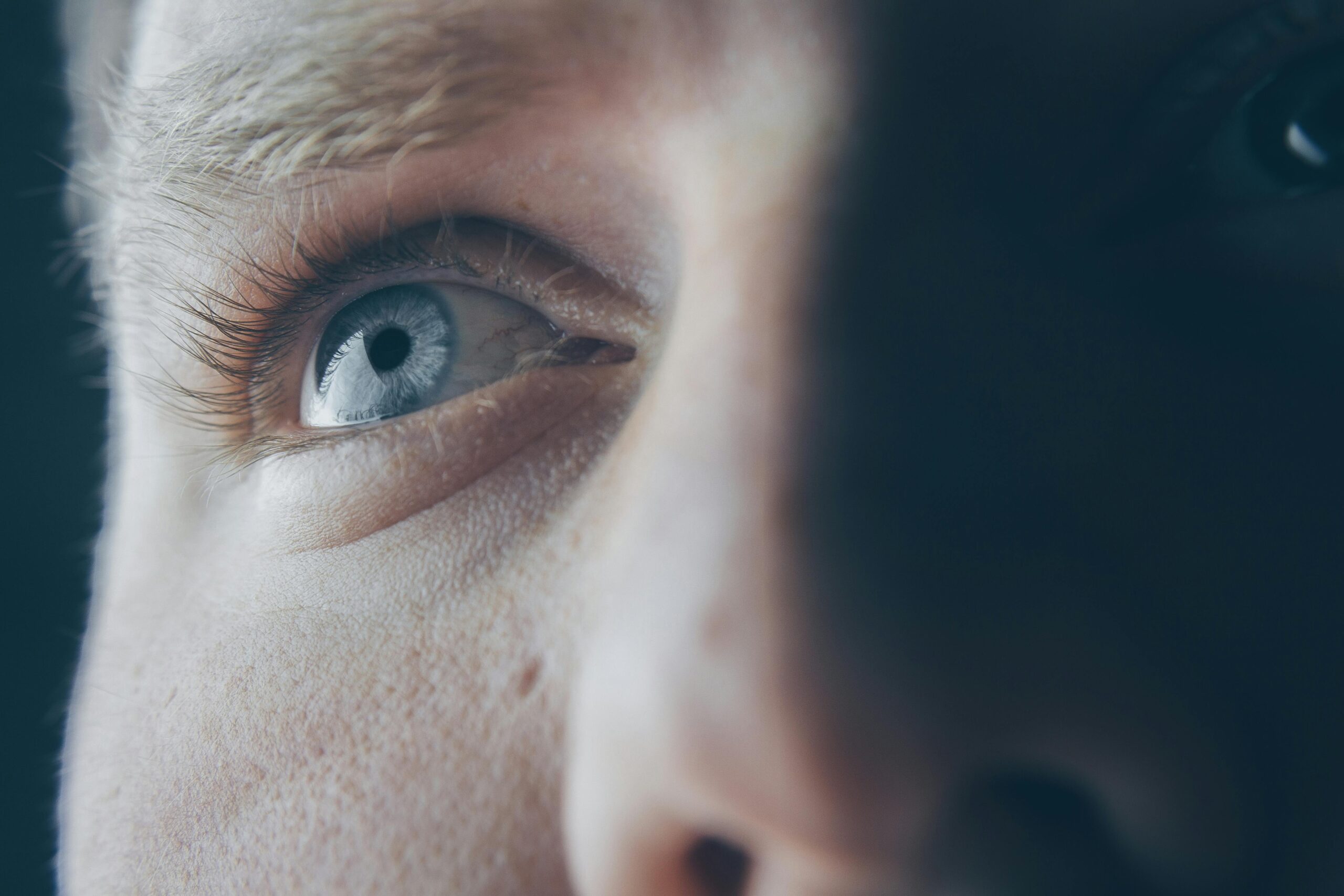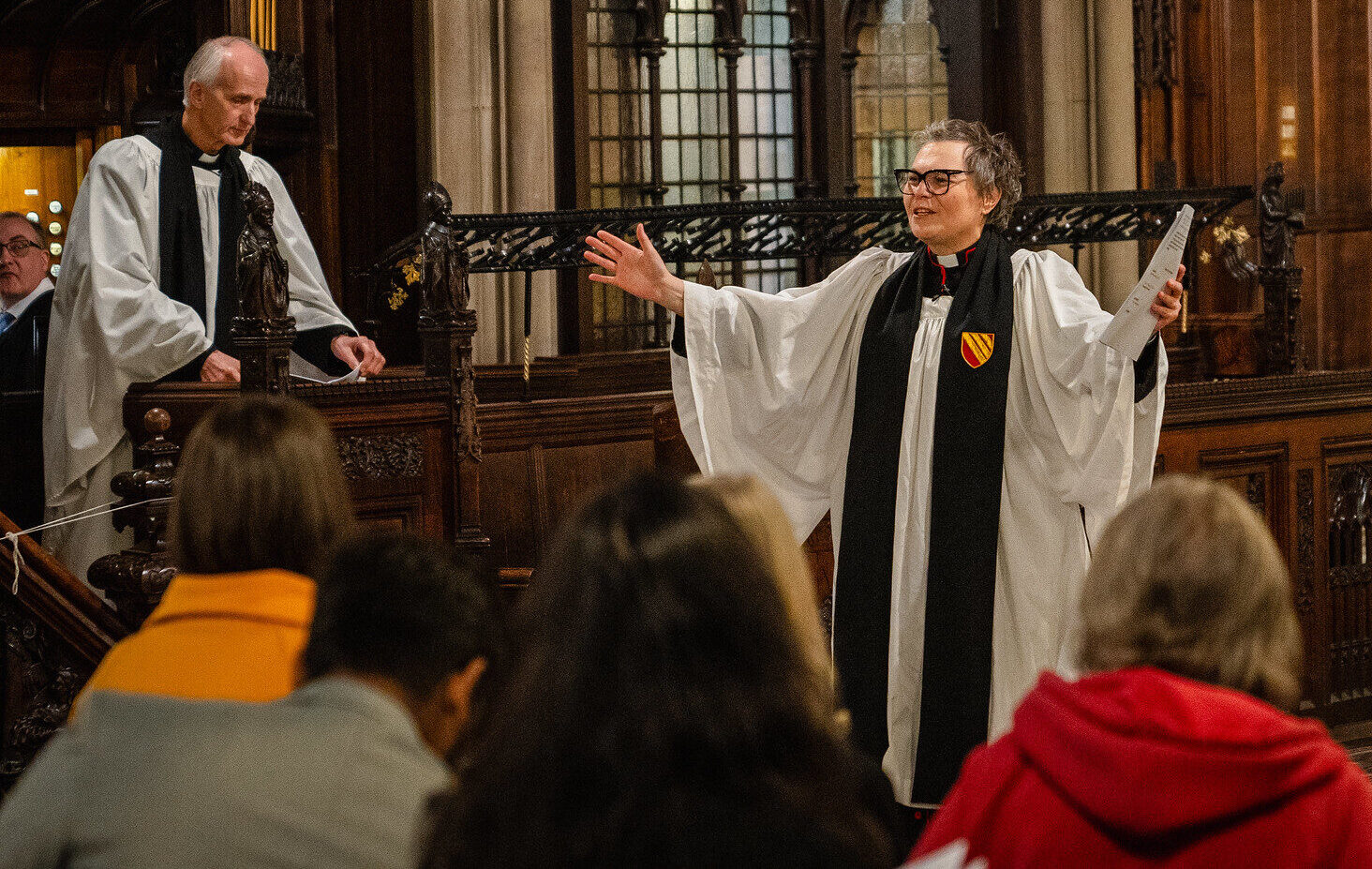
This morning on BBC Radio 4, Bishop David shared his Thought for the Day ahead of King Charles III's trip to meet Pope Leo.

This morning on BBC Radio 4, Bishop David shared his Thought for the Day ahead of King Charles III's trip to meet Pope Leo.

The Rt Revd Dr David Walker, Bishop of Manchester, shared this Thought for the Day on BBC Radio 4 this morning.

Bishop David Walker shared this Thought for the Day on choosing forgiveness over revenge, even in the most difficult of circumstances.

Archdeacon Rachel Mann shared this Thought for the Day on Friday, 12th September. Good morning. In the past thirty-six hours,…

Archdeacon Rachel Mann shared this reflection on coffee and happiness on BBC Radio 4's Thought for the Day. Good morning.…

Archdeacon Rachel Mann reflects on summer memories and how they reveal God's presence in both the joys and the hardships.

Archdeacon Rachel shared this Thought for the Day on BBC Radio 4 on Tuesday, 23rd July 2024.